From Aug. 9, 2024, to June 17, 2025, senior Rebecca Bossow is trading Saratoga High classrooms for a secondary school in Hamburg, Germany. As part of the Congress Bundestag Youth Exchange (CBYX) program, Bossow is spending a year abroad, immersing herself in a new language, culture and education system.
The program is extremely selective, with an acceptance rate of less than 1%, and is fully funded by the U.S. Department of State. Aiming to foster cultural understanding between the two nations, CBYX sends 250 American students to Germany and 285 German students to the U.S. every year.
Bossow said her decision to apply for CBYX was not something she had thought about for long. After attending the 2022 music department summer Europe trip, touring Austria, Slovenia, the Czech Republic and Germany, she knew she wanted to return and enhance her connection with the region. Due to her father being German, she also wanted to learn more about his side of the family.
“I always wanted to learn German, but Saratoga High didn’t offer it,” Bossow said. “When I visited Europe, especially Germany, I just fell in love with the culture, the language and the people. That’s when I knew I had to come back and experience it more deeply.”
Now, as an exchange student, she is living her dream and doing her best to represent the U.S., though she admits that learning German on Duolingo beforehand didn’t quite prepare her for the reality of everyday conversations in a new language.
Before settling into her new host family, Bossow spent her first month in Würzburg, Bavaria, for a cultural and language orientation. She stayed in a youth hostel with other American students while learning German language and culture by touring the city and meeting with Bundestag officials who taught them more about the country. She chose this program because it offered her a full scholarship and the chance to meet with these government officials, which she thinks will help with her intended career in international relations.
The transition to living full-time in Germany came quickly: Bossow started school just one day after arriving at her host family’s home. One cultural difference she quickly noticed was how rare casual conversations are in Germany.
“People here don’t really do small talk, which was a shock at first,” Bossow said. “Back home, I’m used to chatting with strangers at the store or on the bus, but, here, conversations tend to be more direct and to the point.”
Bossow is attending a German Gymnasium — a secondary school with one of the most academically rigorous curriculums. In Germany, students choose between different educational paths as early as the fourth grade. Gymnasiums prepare students for university, while other tracks are geared for vocational training or alternative higher education routes.
Although academics in Germany are demanding, Bossow finds herself excelling in subjects like math, where the language barrier is less of an issue.
“They all thought I’d be the ‘stupid American,’ but they were surprised when I wasn’t,” Bossow said.
One of the largest differences between the schools is a lack of extracurriculars there. At SHS, Bossow participated in sports like water polo and wrestling, but in Germany, schools rarely offer after-school programs or sports teams. She was also surprised to observe the lack of school spirit in Germany and noted that there were no school events or classroom decorations.
Additionally, teachers switch classrooms instead of staying in one room throughout the day. Bossow believes that the American system of only students switching classes between periods is more efficient. However, she likes that in Germany, when teachers are sick, classes are simply canceled instead of having substitutes.
On weekdays, after an average of six hours at school, she spends her time working on college applications and is thinking about starting yoga with friends once the application period concludes.
Bossow’s immersion into German culture has also helped improve her language skills. She arrived with A-1 beginner level German, but is improving every day. Her skills have advanced rapidly, and Bossow is now almost conversationally fluent.
With no plans to visit her family during the year, Bossow will continue to live with her host family. Her extended stay has given her an authentic taste of everyday life that no short-term trip could offer.
Despite enjoying her time abroad, she plans to return to the U.S. for college, where she hopes to study international relations.
“German universities are actually a great option — they’re only 300 euros a semester — but I want a more U.S.-centric education for international relations,” Bossow said.
As she continues her year abroad, Bossow encourages other students to consider exchange programs like CBYX. She said that while traveling for a few weeks at a time is fun, living in another country allows for a cultural immersion inaccessible to a tourist.
Bossow finds her language barrier has made her more independent and comfortable with communication challenges, as well as increasingly willing to put herself out there. Bossow’s advice to anyone considering studying abroad is simple, saying: “Go for it — you’ll gain a deeper understanding of yourself and the world around you.”



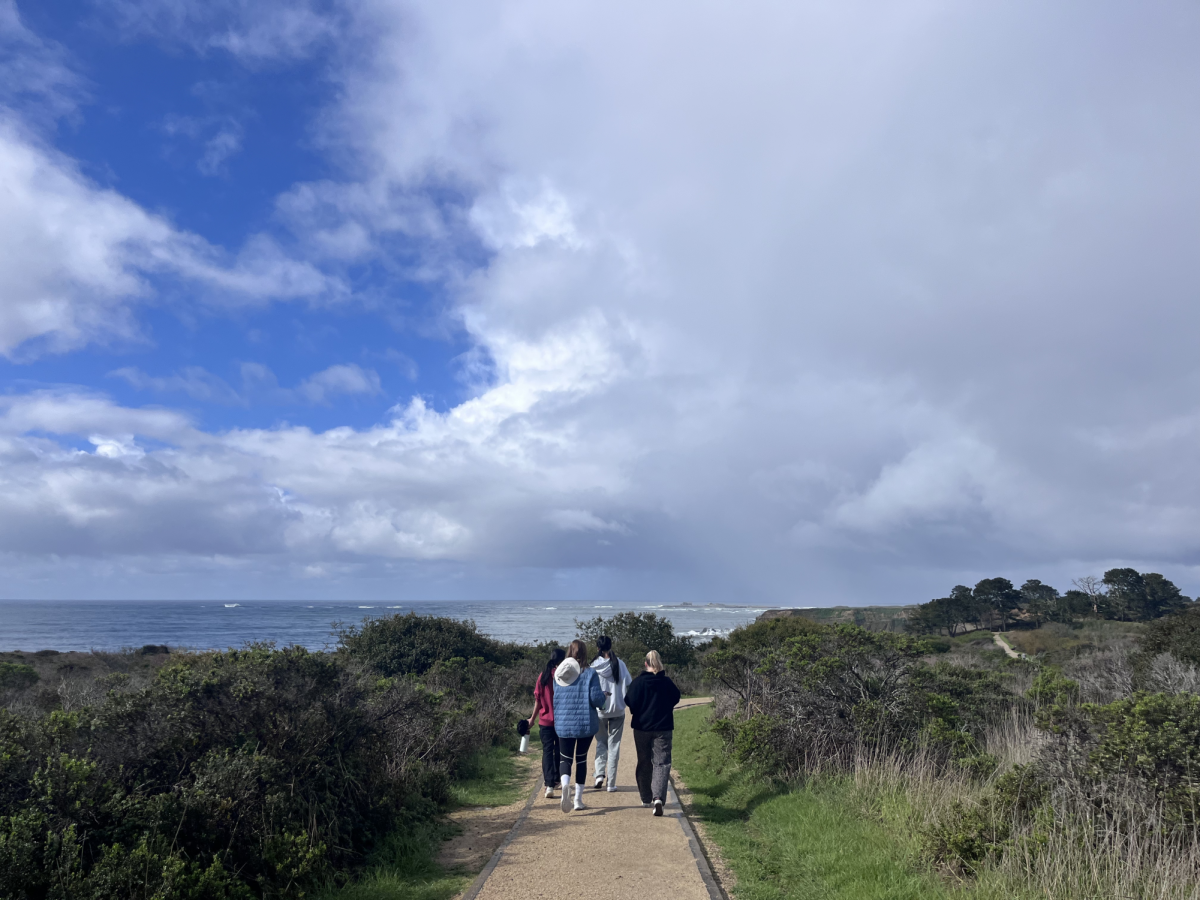

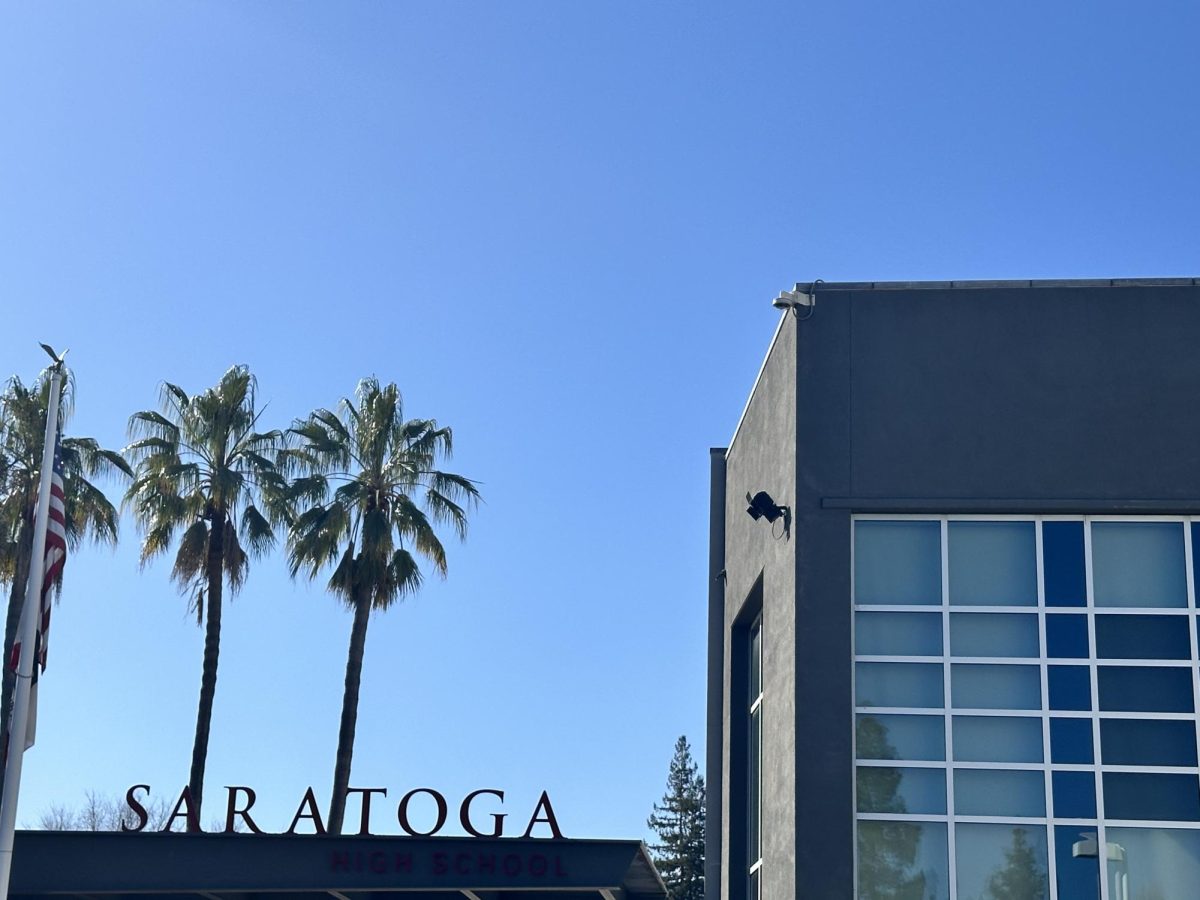




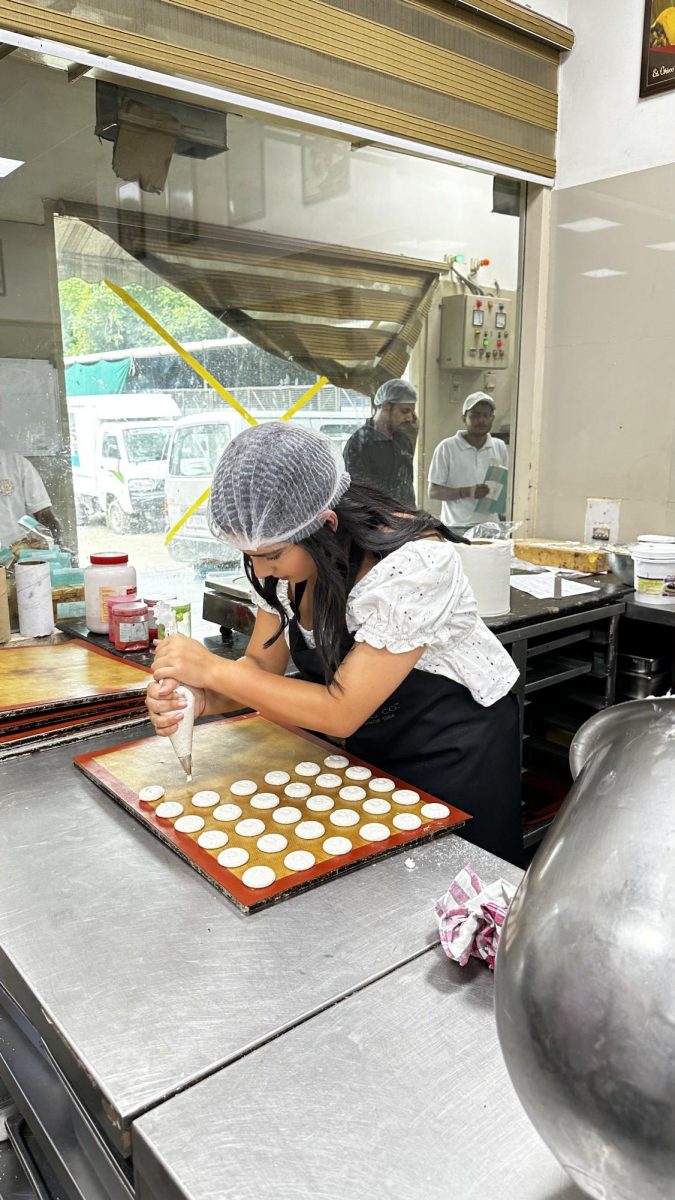



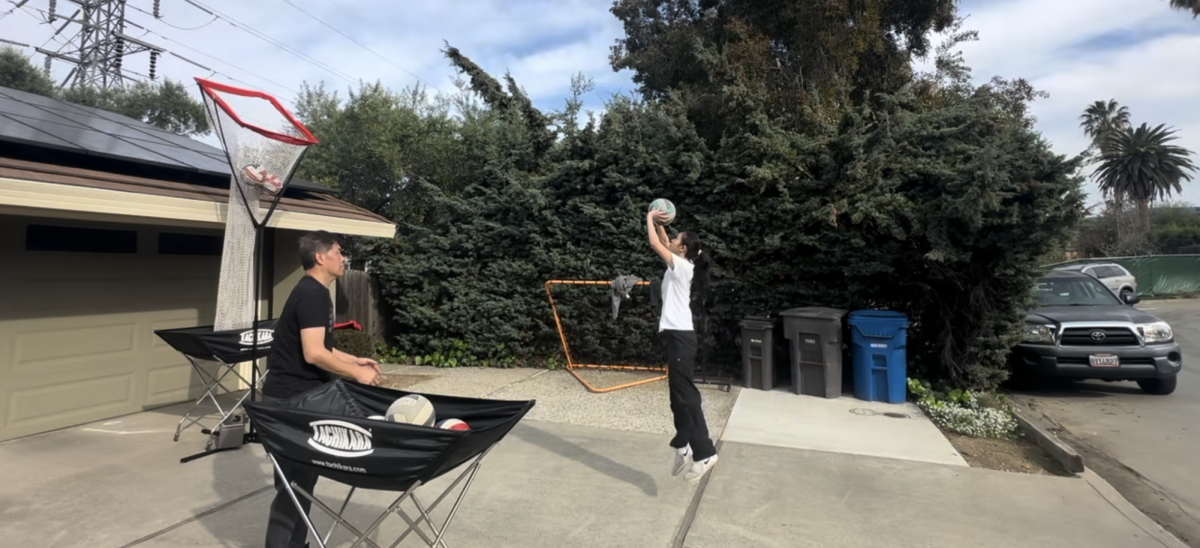
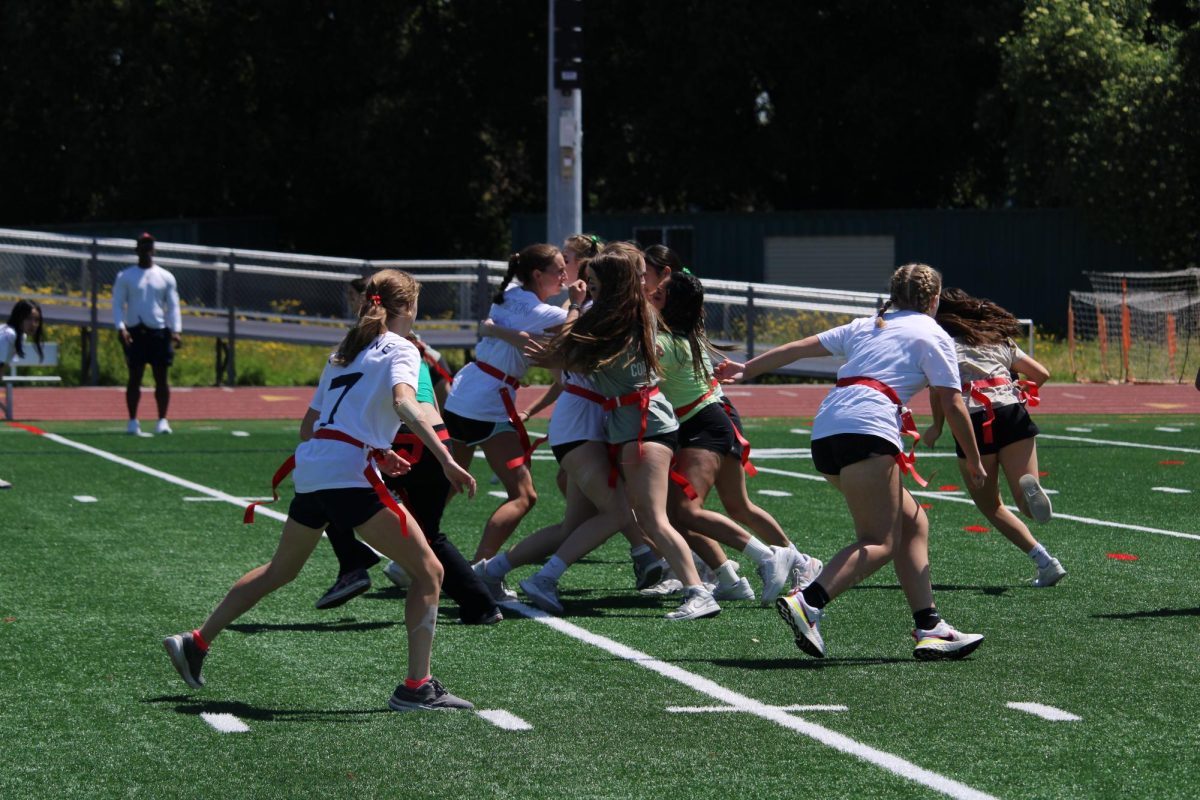






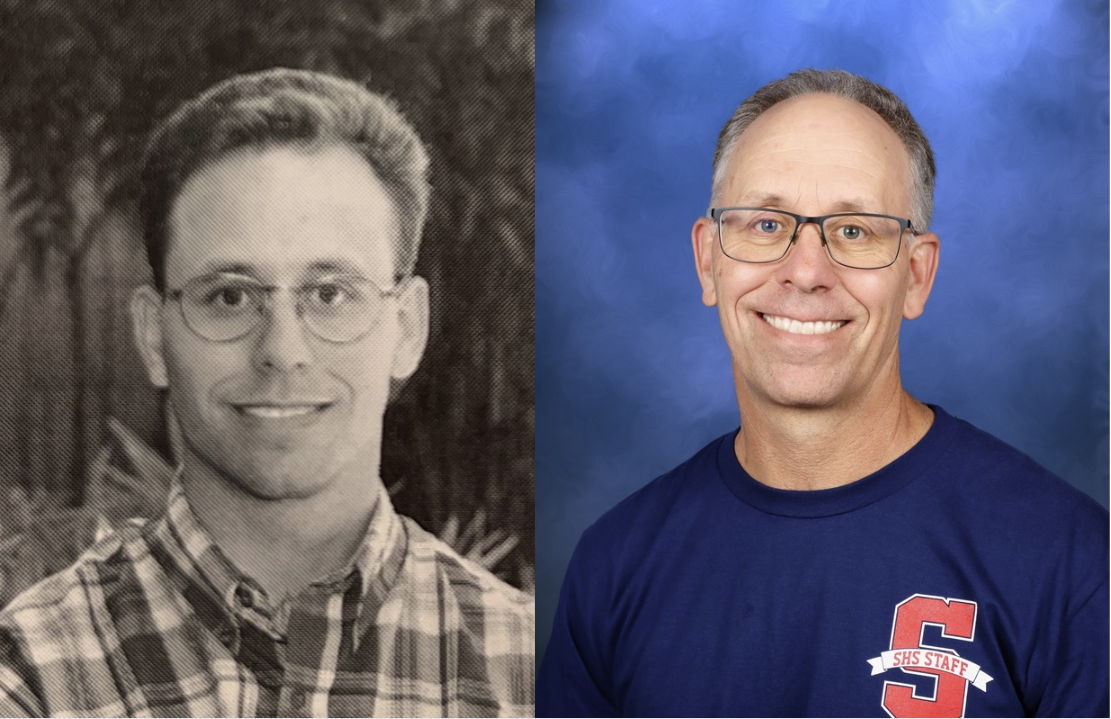

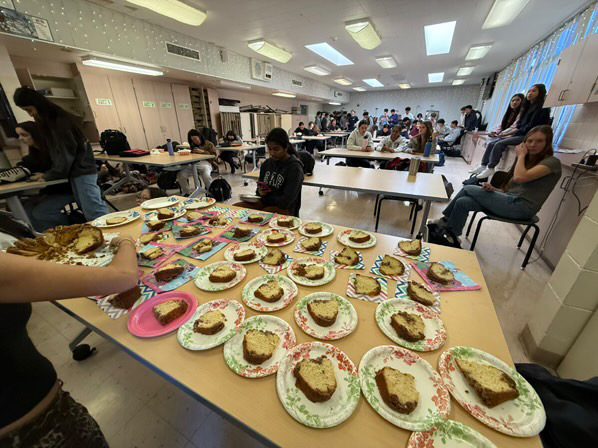


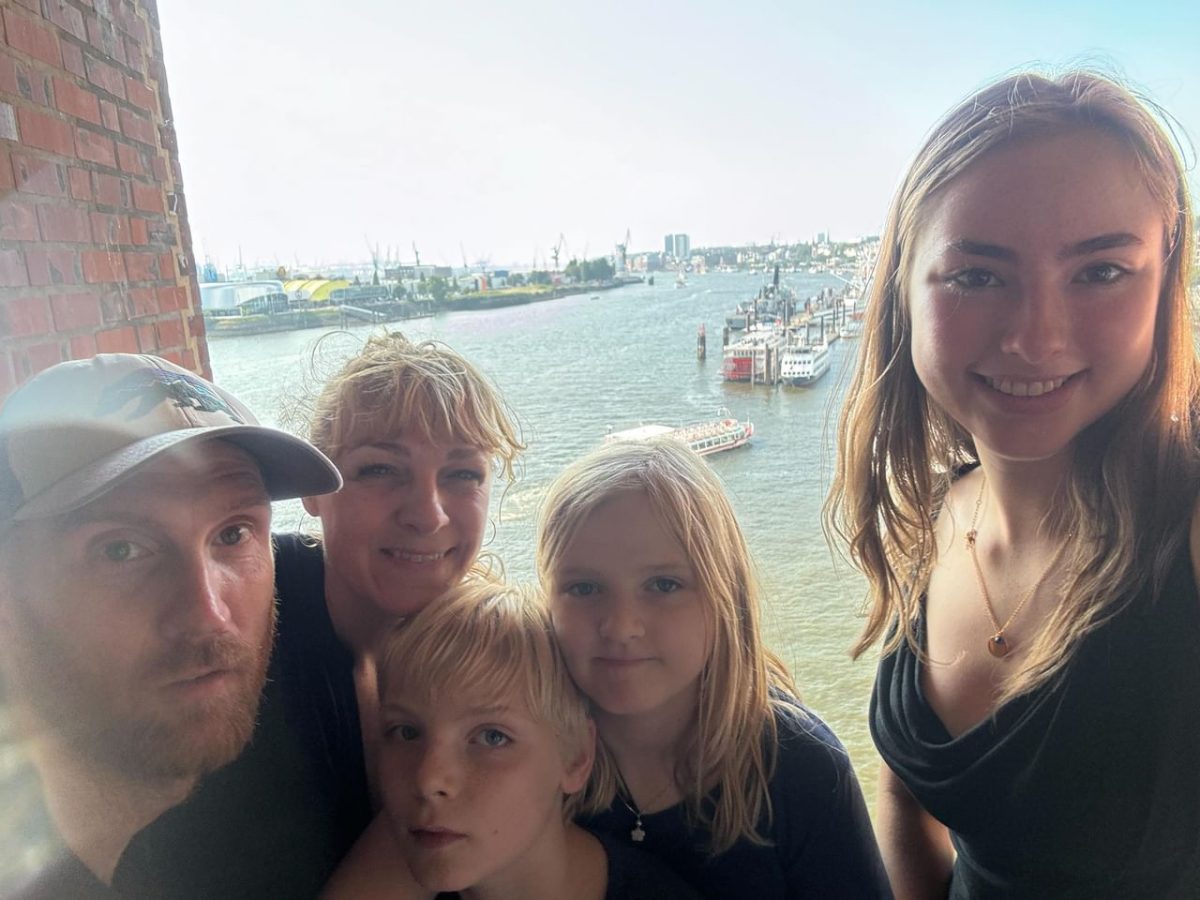
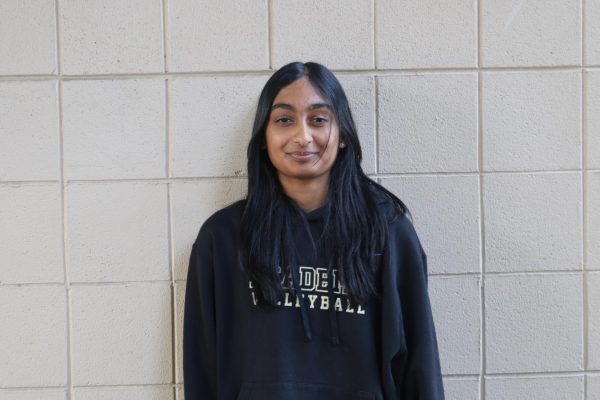
Paula Bossow Tranmer • Nov 10, 2024 at 9:21 pm
Hi Rebecca. I just read your article. You sound interesting. My name is Paula Bossow (Tranmer). I have been doing research on Germany. My grandparents came from Germany. I have found a Bossow Germany.
I am in Nebraska. My parents are both deceased. My fathers parents left Germany and ended up in Nebraska. Would you be interested in correspondence with me?